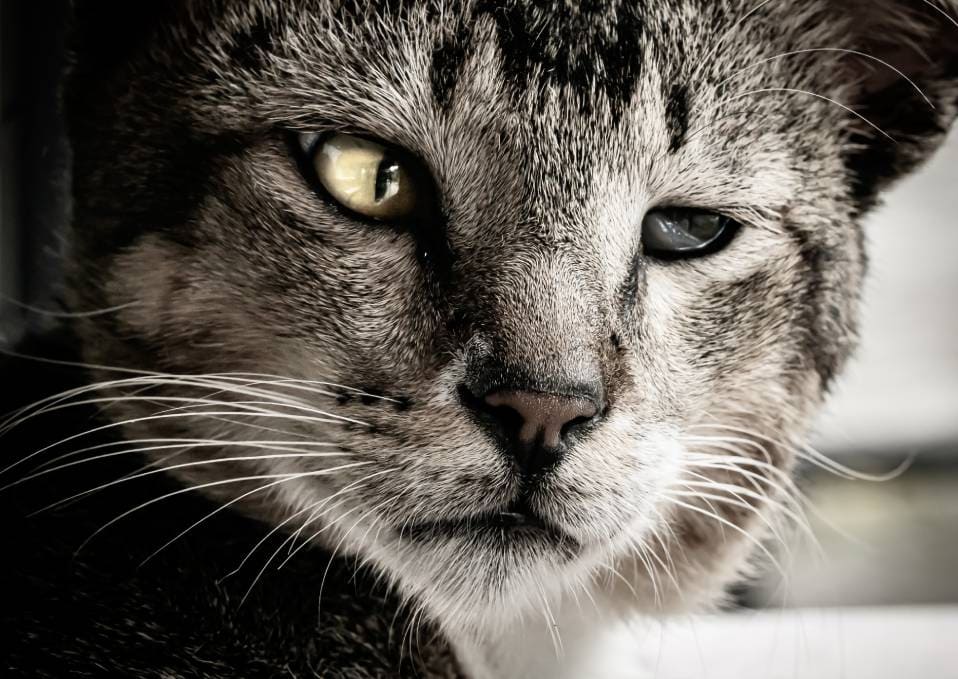Cat Squinting Eye: Tips for Relief
When your beloved feline friend starts squinting one of its eyes, it’s undoubtedly a cause for concern. Cats are known for their expressive eyes, and any sign of discomfort should be addressed promptly. In this article, we’ll explore the possible reasons behind a cat squinting its eye and provide valuable tips for relief.
Understanding Cat Eye Squinting
Cat eye squinting, also known as blepharospasm, is the involuntary narrowing of one or both eyes. It’s often a sign that something is amiss, and your cat is trying to protect its eye from further irritation or pain. Several factors can contribute to this behavior.
Common Causes of Cat Eye Squinting
- Foreign Object: A tiny particle, like dust or a stray eyelash, can become lodged in the eye, leading to discomfort and squinting.
- Eye Injury: Scratches, abrasions, or trauma to the eye can result in squinting as a protective mechanism.
- Infections: Bacterial or viral infections of the eye can cause redness, discharge, and squinting.
- Conjunctivitis: Inflammation of the eye’s conjunctiva, often caused by allergies or infections, can lead to squinting.
- Corneal Ulcer: Ulcers on the cornea can be painful and result in squinting.
Tips for Providing Relief
If you notice your cat squinting its eye, it’s essential to address the issue promptly. Here are some tips for providing relief to your furry companion:
1. Gentle Eye Examination:
- Materials Needed: A well-lit room, a clean cloth or cotton ball, and treats.
- Method: In a quiet space, gently examine the affected eye. Look for any foreign objects or signs of injury.
- Caution: Be extremely gentle during the examination to avoid causing additional harm or distress to your cat.
2. Eye Rinse:
- Materials Needed: Sterile saline solution (available at pharmacies) and a clean cloth or cotton ball.
- Method: Rinse the affected eye with the sterile saline solution. Use a separate cloth or cotton ball for each eye.
- Frequency: You can repeat the rinse a few times a day to help flush out any irritants.
3. Veterinary Consultation:
- Importance: If the squinting persists or worsens, or if you suspect an injury or infection, consult your veterinarian immediately.
- Professional Evaluation: A veterinarian can conduct a thorough examination, diagnose the issue, and prescribe appropriate treatment.
4. Environmental Control:
- Remove Irritants: Ensure your cat’s environment is free of potential eye irritants, such as smoke, dust, or strong odors.
- Clean Living Space: Regularly clean your cat’s bedding and living area to minimize allergens.
5. Medication Administration:
- Follow Vet’s Instructions: If prescribed medication, follow your vet’s instructions carefully, ensuring you complete the full course even if symptoms improve.
Conclusion
A cat squinting its eye is a clear indication that something is bothering it. While you can provide initial relief with gentle care and eye rinses, it’s crucial to consult your veterinarian for a comprehensive evaluation and treatment plan. Timely intervention can help alleviate your cat’s discomfort and ensure its eye health.
Always prioritize your cat’s well-being and seek professional guidance when needed.
Read More:Cats Scratching Ears and Shaking Head – Causes and Remedies




